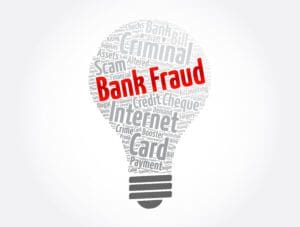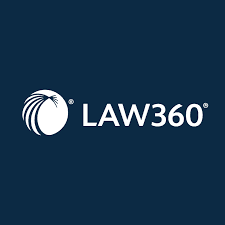
Consumers and small businesses rely on banks nowadays more than ever. In fact, many people have several accounts with multiple banks. While technology has increased the level of access and oversight you can have over your account, unauthorized and fraudulent transactions can still occur. When a financial institution violates your trust by failing to issue a credit for an unauthorized transaction, you may wonder what you can do about it.
If you are dealing with unauthorized bank transactions in New York City, you should contact a consumer protection attorney and discuss the details of your situation. After a consultation, a local lawyer can help you understand applicable laws, explain your legal rights, and advise you on what remedies are available to you.
There are a wide variety of fraudulent transactions that can appear on a consumer’s account. Common examples in New York City of unauthorized bank transactions include:
If a New York City consumer detects any unauthorized transactions, the first thing he or she should do is to immediately inform the bank that the charges are unauthorized and that the consumer wants the charge credited back to the account. It is fine to do this by phone, but the consumer should always promptly follow up in writing. Your monthly statement, as well as your bank’s website, should provide an address for mailing such disputes. Depending on the situation, it may be appropriate to cancel your debit cards, freeze or even close your account.
The Electronic Funds Transfer Act (EFTA) is designed to protect consumers who are engaged in all types of electronic fund transfers, including direct deposits, debit card withdrawals, automatic bill pay, ATM cards, and point of sale (POS). The EFTA provides important protections to consumers in New York City and around the country who are victims of unauthorized bank transfers.
Most notably, the EFTA places sharp limits on the consumer’s liability for unauthorized transfers: where a consumer reports the unauthorized activity within two business days after he or she learns of it, liability is limited to $50.00. If the consumer does not report the activity within two days, liability is limited to $500, so long as the fraudulent activity is reported within 60 days after the bank sends a monthly statement listing the bogus charges. Even where the consumer does not report the activity within 60 days of the charges appearing on a bank statement, if the charges related to a lost or stolen “access device” (e.g., an ATM card), the consumer is not liable for the charges occurring in that initial 60 day period, although the consumer may be liable for charges occurring afterward. These deadlines may, however, be extended where the consumer can show extenuating circumstances.
Entities regulated by the EFTA include banks, credit unions, service providers, credit card companies, debt collectors, pay lenders, and companies that enroll consumers in automatic monthly payments. If a financial institution is found to violate the EFTA, the affected consumer may be entitled to receive statutory damages, actual damages, and attorney’s fees. These companies can be held liable for treble damages if they fail to promptly conduct a
investigation or conclude that the consumer’s account was not in error without a reasonable basis for that determination.
A New York City consumer protection lawyer with experience in litigating unauthorized bank transaction claims can help a plaintiff recover the losses he or she has suffered as a result of fraudulent account activity. If you are in dispute with your bank about unauthorized charges, Schlanger Law Group LLP can help you evaluate your situation and understand your options, including litigation. Call (212) 500-6114 or fill out this simple contact form for your free consultation.
Schlanger Law Group LLP serves clients in New Jersey, New York, and throughout the United States with consumer protection, class action, credit reporting, and identity theft issues.
Schlanger Law Group In The Media





Reach out to Schlanger Law Group for a free consultation, and let’s discuss your case with no upfront fees.
The information on this website is for general information purposes only. Nothing on this site should be taken as legal advice for any individual case or situation.
This information is not intended to create, and receipt or viewing does not constitute, an attorney-client relationship.
ATTORNEY ADVERTISEMENT | Past Results Do Not Guarantee Similar Outcomes in the Future
This site is protected by reCAPTCHA and the Google Privacy Policy and Terms of Service apply.
WEBSITE BY: VISIONTRACTION